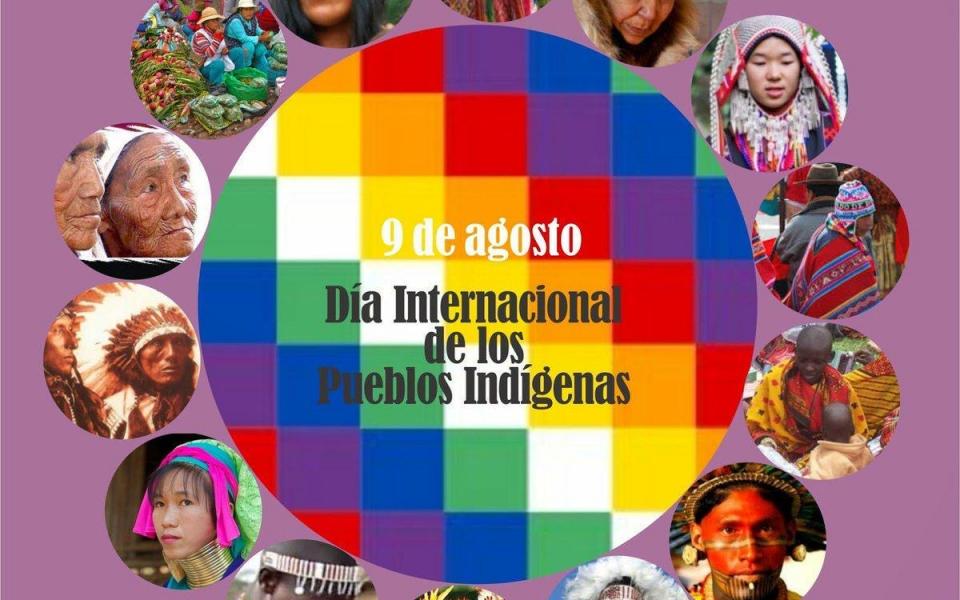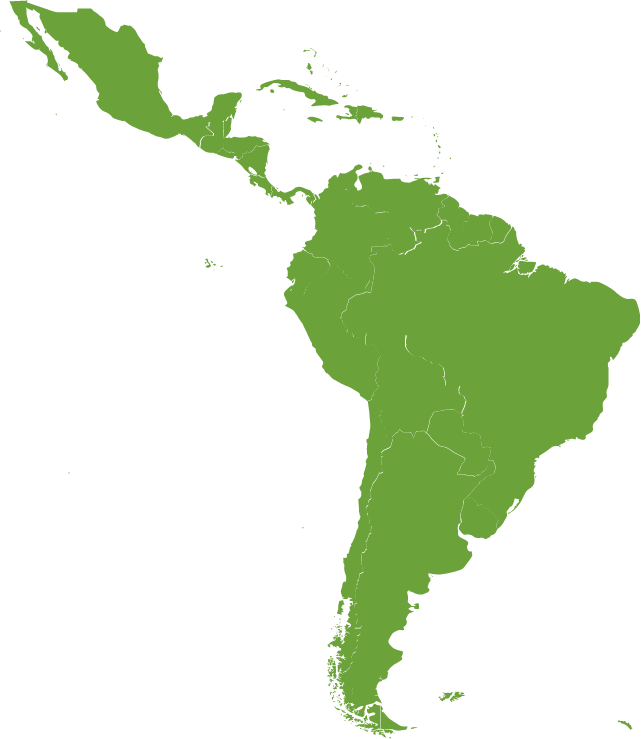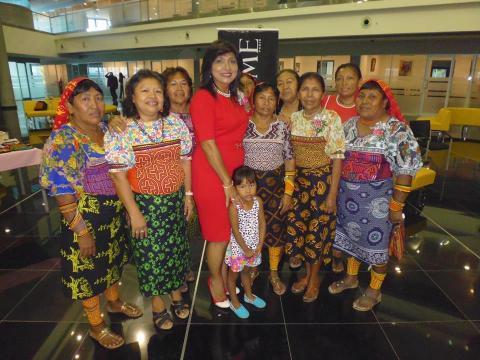
Every August 9 is celebrated the International Day of Indigenous Peoples, proclaimed by the General Assembly of the United Nations (UN). On that date, the first meeting held by the Working Group on Multiple Populations of Indigenous Peoples of the Sub-Commission on Prevention of Discrimination and Protection of Minorities, in 1982, is commemorated.
Indigenous peoples make up more than 5,000 different groups in around 90 countries. They are made up of approximately 370 million people, that is, more than 5% of the world's population, yet they are among the most disadvantaged and vulnerable populations, representing 15 percent of the poorest. Throughout history, their rights have always been violated. Today they are undoubtedly among the most vulnerable and disadvantaged populations in the world. The international community now recognizes that special measures are needed to protect their rights and maintain their cultures and ways of life.
Seven indigenous people live in Panama. Despite the fact that Panama adopted the United Nations Declaration on the Rights of Indigenous Peoples in 2007, its communities must face numerous challenges, especially those related to recognition, territorial rights and forced evictions. The seven indigenous peoples of Panama are the Ngäbe, the Buglé, the Guna, the Emberá, the Wounaan, the Bri bri, and the Naso Tjërdi. According to the 2010 census, there are 417,559 inhabitants, 12% of the total population of Panama. There are 5 regions or comarcas, recognized by different laws that are based on the constitutional rights of indigenous peoples: Guna Yala (1938), Emberá-Wounaan (1983), Guna Madungandi (1996), Ngäbe-Buglé (1997), and Guna Wargandí (2000). In total, these regions cover an area of 1.7 million hectares.
The members of CC Mukua belong to the Guna Yala region and in the international celebration of the Day of Indigenous Peoples they share a video with the participation of albino children, the children of the moon in the Kuna culture, for whom Nini Wilson, a young woman from the CC Mukua carries out a great job of recognition for the equality of their rights and social insertion in Panamanian society.
Please watch the video bellow.

